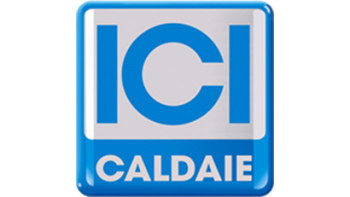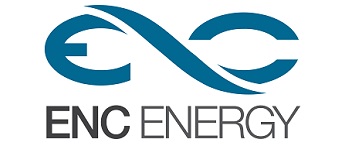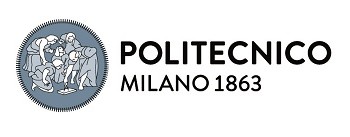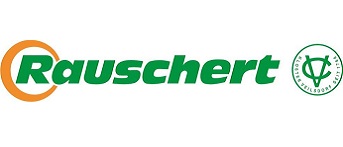Life Cycle Assessment (LCA) is a structured, comprehensive and internationally standardized method. It quantifies all relevant emissions and resources consumed and the related environmental and health impacts and resource depletion issues that are associated with any goods or services (“products”). Life Cycle Assessment takes into account a product’s full life cycle: from the extraction of resources, through production, use, and recycling, up to the disposal of remaining waste.
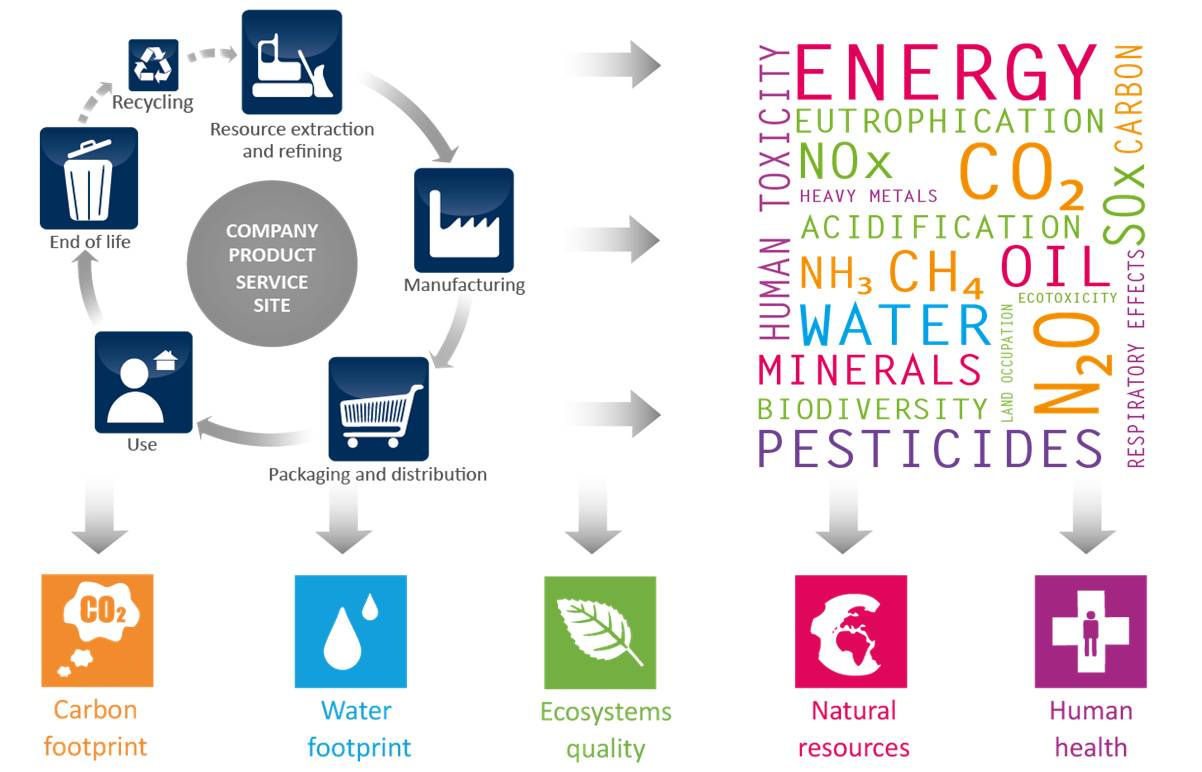
Critically, LCA studies thereby help to avoid resolving one environmental problem while creating others: This unwanted “shifting of burdens” is where you reduce the environmental impact at one point in the life cycle, only to increase it at another point. Therefore, LCA helps to avoid, for example, causing waste-related issues while improving production technologies, increasing land use or acid rain while reducing greenhouse gases, or increasing emissions in one country while reducing them in another. Life Cycle Assessment is therefore a vital and powerful decision support tool, complementing other methods, which are equally necessary to help effectively and efficiently make consumption and production more sustainable.

